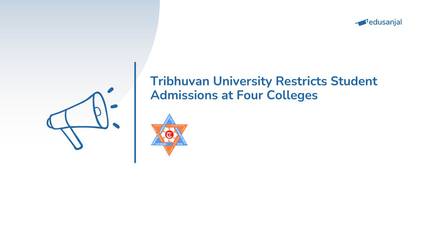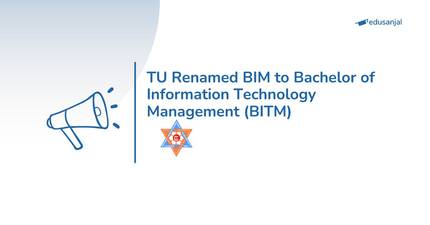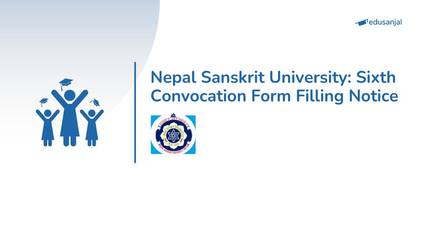Different education stakeholders have requested to stop the increasing trend of students going abroad in the name of higher education to improve the quality of the national universities.
During a policy dialogue organized by the Higher Secondary School Association (HISSAN), Kathmandu, and Khabar Education, it was highlighted that the annual calendar implementation, lack of innovation, focus on academic and research-oriented education, employment-oriented education, lack of uniformity in measuring student fees, and other issues were observed in Tribhuvan University and other universities.
Although the government has tried to address the concerns raised through various speeches, Dr. Hari Lamsal, the Secretary of the Ministry of Education, Science, and Technology, acknowledged that the desired outcomes have yet to be achieved.
Dr. Shiv Lal Bhusal, the Dean of Education at Tribhuvan University, expressed concerns about the cultural takeover by political interventions within the university and the efforts being made to break it.
Ramesh Silwal, the Central Chairman of HISSAN, appealed to make universities politically intervention-free and strike-free to end the situation where millions of rupees are spent by students in the name of higher education abroad. He also emphasized the need for seriousness from the Nepalese government, relevant universities, and colleges.
According to the Ministry of Education's data, as of the fiscal year 2079/080, it is observed that 92,141 students have obtained permission letters for studying abroad, while currently, this number is estimated to be around 500 daily.
According to the data from the Nepal Rastra Bank, in the last nine months, approximately 67 billion 19 crore rupees have been sent abroad, compared to the previous period, where 43 billion 67 crore rupees were sent.













